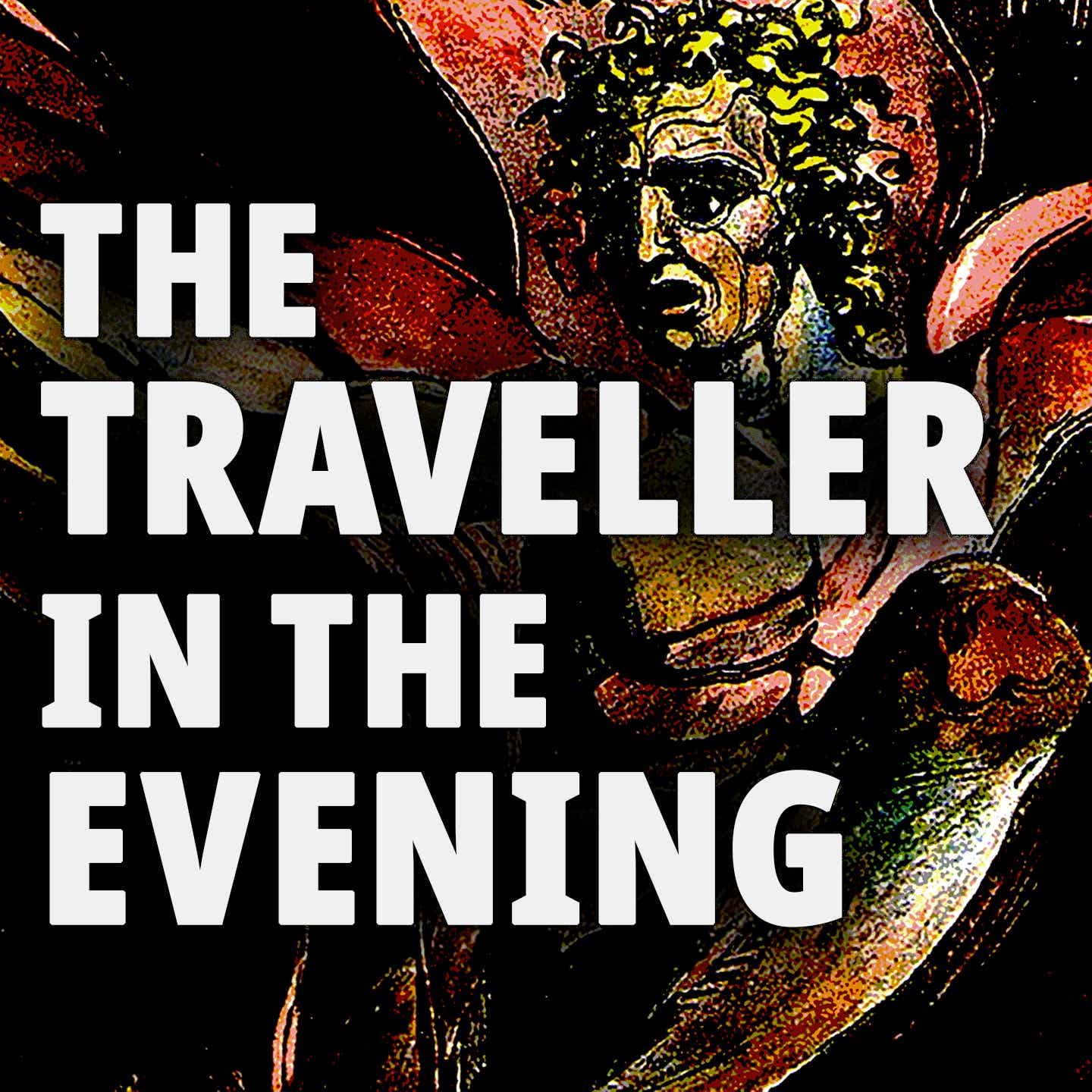Blake, Castoriadis and the Social Imaginary
Description
Blake saw imagination as the ‘body of Christ’, as divine: imagination is what will build Golgonooza, his New Jerusalem. Some readers of Blake interpret this imagination as merely the power that drives the artist to make inspired art. It is far more than this in Blake. The imagination is tasked with building God’s Kingdom itself. But what can this mean?
Cornelius Castoriadis (1922-1997) was a child of the post-war revolutionary movement. He led the group Socialisme ou Barbarie (Socialism or Barbarism), which split to the left of French Trotskyism and was active from 1948-1966. Castoriadis eventually rejected Marxism, based on his belief in the power of the collective social imaginary to create social forms (languages, institutions, social relations), symbolic artefacts and entire societies. Could this social imaginary, able to create ex nihilo and overturn all categories, be the divine body of the imagination Blake envisioned?
In this podcast, Andy Wilson talks to Joe Ruffell about Castoriadis and the imagination, taking in topics including;
* Castoriadis’s political history and his development beyond Marxismthe role of imagination in Blake
* Castoriadis’s account of the history of the concept of the radical (esemplastic) imagination from Aristotle to Heidegger and beyond
* Castoriadis and Primary Narcissism
* State Capitalist groups to the left of Trotskyism in the New Left
* worker’s power against Lenin and Taylorism
* the later Castoriadis’s idea of the interregnum, and of the power of the imagination to entrap and beguile
* Castoriadis’s ecological and anti-oppression politics
* Castoriadis and imagination against Marxism
* the debate between Castoriadis and Alasdair MacIntyre (the latter speaking for the International Socialists before becoming a Catholic Aristotelian)
* democracy in the Greek polis and elsewhere
* the curse of the imagination
Does the radical duality of Castoriadis’s imagination – its power both to liberate and enslave, and the slippery dialectics between those states – resemble in any way the arrangements in Blake’s Marriage of Heaven and Hell?
Get full access to The Traveller in the Evening at www.travellerintheevening.com/subscribe
More Episodes
It is acceptable these days to describe Blake as a Taoist, a Pagan, a Buddhist or an atheist... anything but a Christian. The Traveller and his guest, Mark Vernon argue that this is a big mistake: "Blake... did not claim to be a mystic, and did not use the word. He claimed to be a visionary, an...
Published 10/10/24
Published 10/10/24
Planned as a long Q&A session between Andy and long-time Traveller podcast co-host, Conor Kostick, that discussion raised so many questions and went on for so long that it seemed best to postpone airing the issues on the podcast. For this episode we excerpted Andy’s intro to the discussion,...
Published 09/30/24


